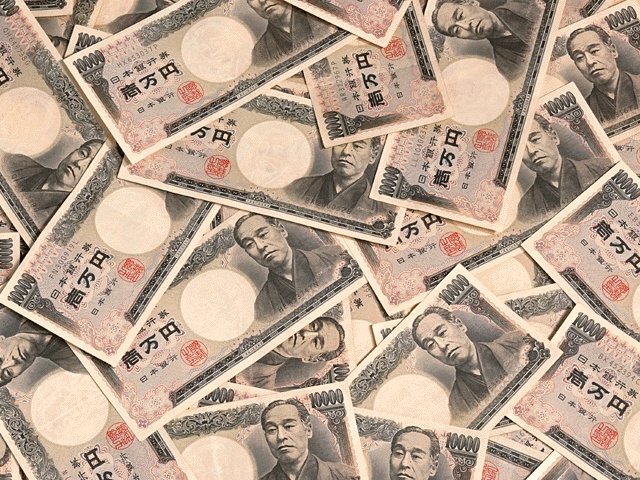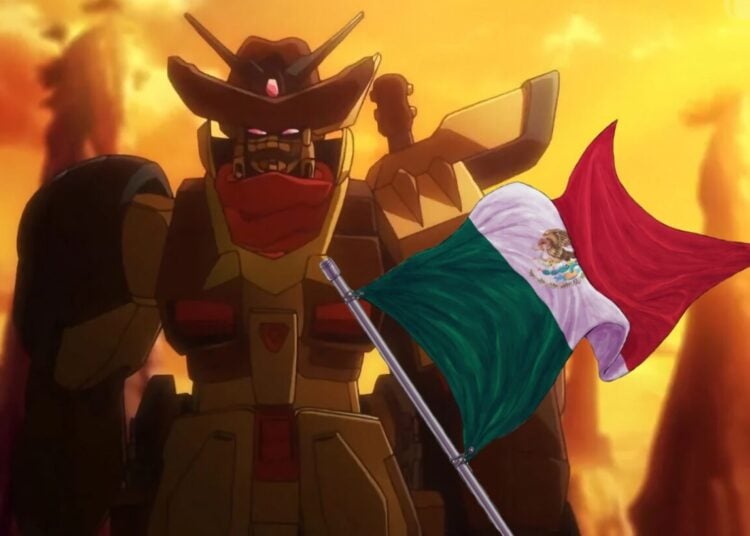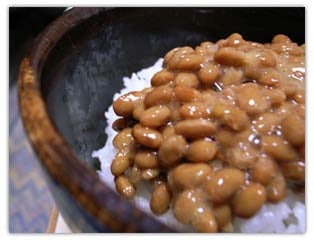One of the first words anyone studying Japanese learns is honto, which means “really” or “truly,” and whenever a gaijin uses this word I can get an idea of how they studied Japanese. The correct pronunciation is HONE-toh, which is not difficult to get down if you started studying Japanese using a course that forced you to read everything in hiragana from the beginning (like the Genki books or the excellent flashcards from White Rabbit that we sell); but if the person says it using the English rules of pronunciation, producing something like HAWN-toh, I can tell they either learned using a romaji (romanized Japanese) textbook or learned informally, picking up words and phrases here and there. The problem is that reading a Japanese word written in the English alphabet creates problems as the brain tries to apply rules like ‘silent e’ to what it’s seeing, which ends up making your pronunciation less correct. Another word that foreigners often get slightly wrong is man, the unit for 10,000, which pronounced like mahn, and not like the opposite of woman. Bottom line, when learning Japanese, it’s best to get started on the right foot.
Onii-chan, No! When Translators Don’t Follow Japanese Naming Conventions
How do you feel when you're watching anime and a character uses an honorific like "Onii-chan," but the subtitles use...
















